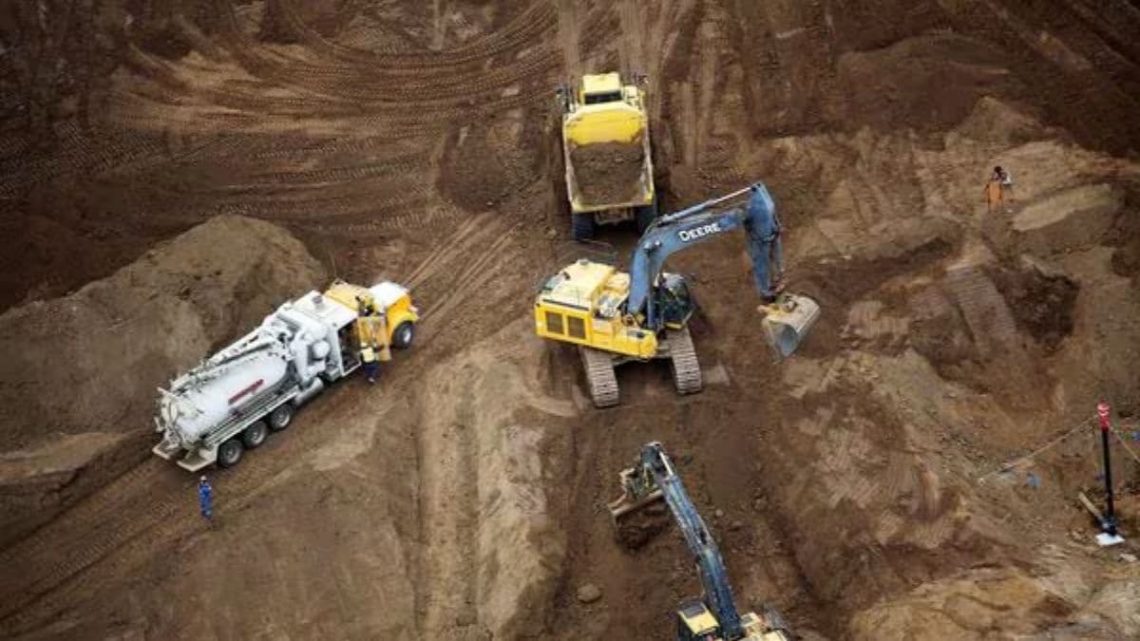Chief Economic Adviser V Anantha Nageswaran has flagged India’s dependence on the imports of critical minerals and renewable technology.
Without naming China, Nageswaran said in an article for Mint that even though India has diversified its energy imports over the years and fossil fuels’ role in the economy has come down, such a traditional dependence on oil has now been replaced by a new kind of dependence and India is yet to be comfortably free of foreign dependence.
Nageswaran noted that while “bringing down the share of fossil fuels in the economy for a cleaner environment while ensuring affordable energy security” is a good step, India is now in a position where “dependence on imports for crude-oil supplies is replaced by dependence on imports from a single source for critical components, materials and minerals for renewable energy generation and e-mobility”.
In recent years, India has come to be dependent on China, the principle strategic adversary, for critical minerals and renewable energy products such as solar panels and components for electric mobility. Such a dependence is worldwide and has led to worldwide concerns as China has come to have a near-monopoly on the supply of critical minerals. Moreover, artificially-discounted Chinese EVs have flooded markets abroad, hammering domestic manufacturing and leading to job cuts that have raised anxieties among governments as well as industries.
An analysis by think tank Takshashila Institution said that India’s dependence on China for the import of critical minerals exceeded 40 per cent during 2019-24.
During 2019-24, India imported 85.6 per cent of bismuth, 82 per cent of lithium, 76 per cent of silicon, 50.6 per cent of titanium, 48.8 per cent of tellurium, and 42.4 per cent of graphite from Chinese suppliers, according to analysis.
Globally, China controls over 87 per cent of rare earth processing, 58 per cent of lithium refining, and 68 per cent of silicon processing, as per the analysis.
Notably, bismuth is primarily used in pharmaceuticals and chemicals and has few alternative sources. As India hails itself as the world’s largest exporter of generic medicine, the dependence has been flagged as a key vulnerability.
In addition to the dependence on critical minerals, Nageshwaran also addressed the declining private capital investment in his article.
Nageshwaran said that “social stability and long-term profitability rest on the private sector finding the right balance between capital deployment and labour employment”. Noting that the Economic Survey delves into the obligations of the private sector, he gave the example of Japan that he said transformed into a developed and industrialised nation because of a “clear recognition of the obligations of the government, the private sector and workers to each other”.
Link to article –

